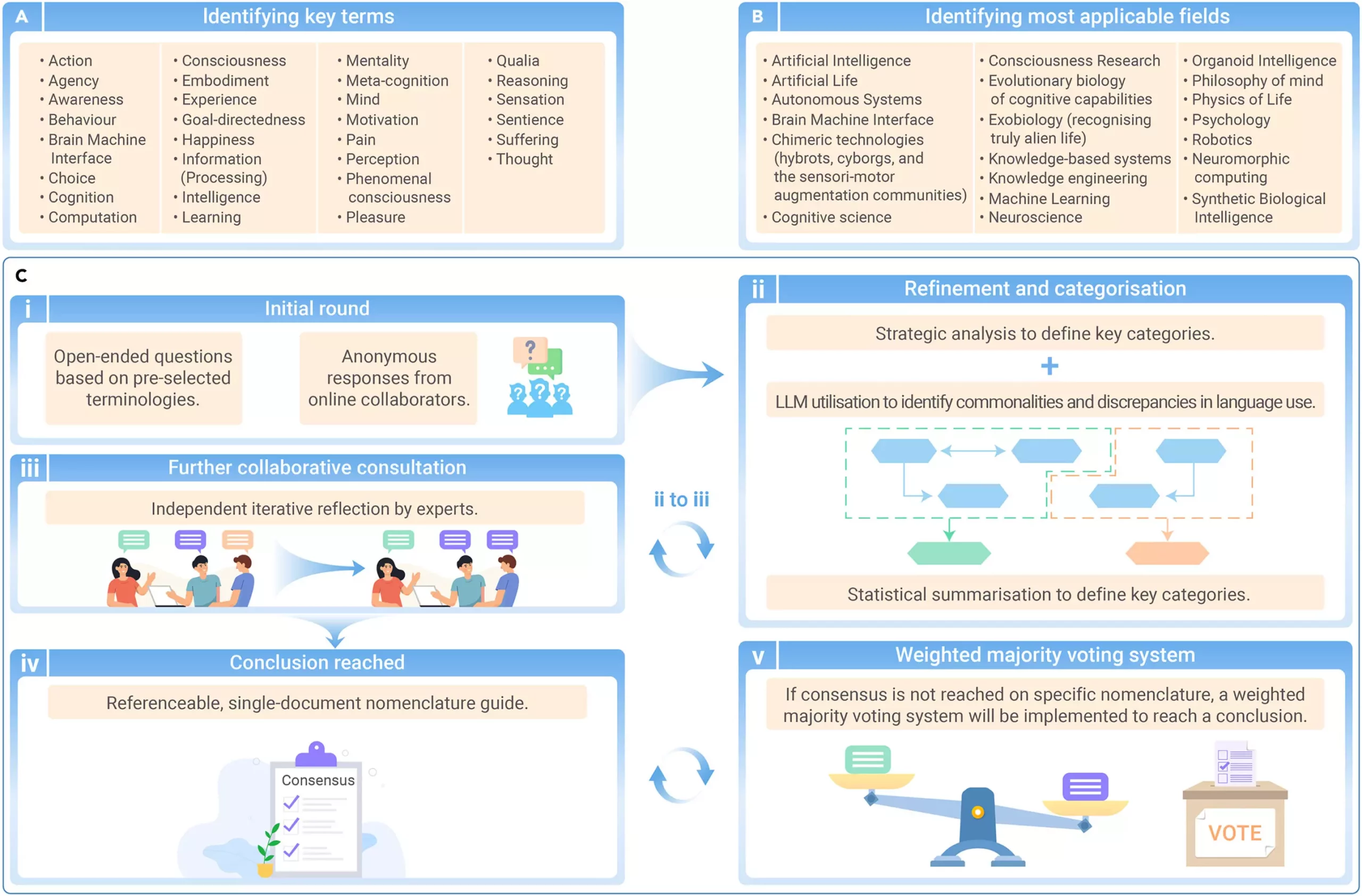In a groundbreaking study led by Cortical Labs, a call for collaboration has been issued to define the language used in all AI-related spaces. This collaborative effort focuses on the development of ‘diverse intelligent systems’ which encompass AI, LLMs, and biological intelligences. Scientists, ethicists, and researchers from various countries including the United Kingdom, Canada, U.S., the EU, Australia, and Singapore have come together to propose a pathway forward in unifying the language within this rapidly growing and controversial field. The research, which has been published in The Innovation journal, highlights the importance of a community-based approach to seeking consensus on nomenclature.
The language used to describe specific phenomena in scientific and public discourse can be highly complex and contentious, especially in emerging fields such as AI and intelligent systems. With disagreements, confusion, and ambiguity surrounding the semantics used to describe these technologies, there is a clear need for a common language to facilitate communication and understanding among researchers. In the past, the lack of consensus on terms related to intelligence has hindered progress in the field. As technology continues to advance, it is crucial for researchers to adopt a unified language that is explicit, unambiguous, and consistent.
Previous attempts to establish nomenclature guidelines have been limited to specific fields and developed by selected experts, leaving little room for broader community engagement. The new collaboration aims to involve researchers and scientists from a wide range of disciplines to collectively agree upon and adopt nomenclature for the field of AI and intelligent systems. By providing a set of key terms and a theory-agnostic standard, the collaboration seeks to offer utility and nuance to discussions within the field. The goal is to enable authors to use language that is clear and consistent, even in the face of rapid technological advancements.
The collaborative effort will utilize a mixed method approach with a modified Delphi method to establish nomenclature consensus. This method involves an initial round of open-ended questions, strategic refinement and categorization of responses, and collaborative consultation in an iterative manner until a suitable level of consensus is reached. In cases where consensus cannot be achieved on specific terms, a weighted majority voting system will be implemented to reach a conclusion. This inclusive approach ensures that a diverse group of experts can contribute to the development of a common language for the field of AI and intelligent systems.
The call for collaboration to define the language in AI-related spaces marks a significant step towards fostering communication, understanding, and progress in the field of intelligent systems. By engaging researchers and scientists from various disciplines in the development of nomenclature guidelines, the collaboration seeks to create a foundation for clear and consistent language that will benefit the entire AI community. This new approach to defining language in emerging technologies not only addresses the challenges of ambiguity and confusion but also paves the way for future advancements in the field.


Leave a Reply